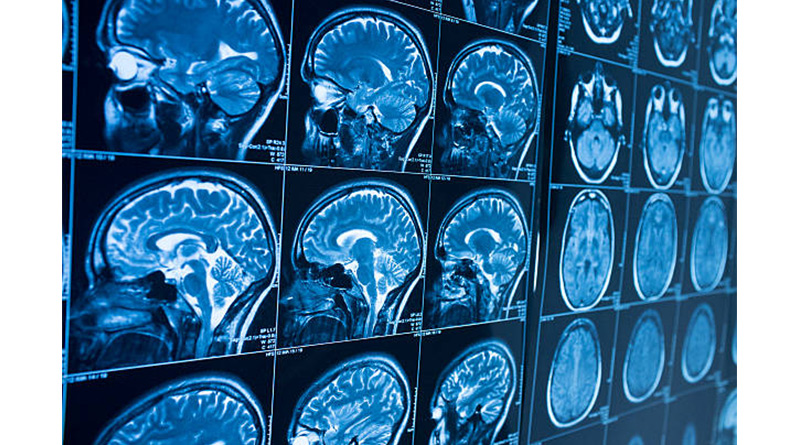Social-Ability Calls For Efforts To Raise Awareness Of Alzheimer’s And Dementia Symptoms
New research commissioned by social venture Social-Ability to mark World Alzheimer’s Month has shone a light on current understanding around Alzheimer’s Disease and dementia revealing alarming limitations to public understanding of the condition and its symptoms, despite more than half of respondents (51%) living with dementia in their family. Social-Ability is now calling for new initiatives to raise awareness around early symptoms of dementia.
The research has revealed that almost two thirds (61%) did not think they could identify the difference between early signs of dementia and natural signs of old age, risking delays to diagnosis for those living with dementia. Early diagnosis is vital if people are to benefit from potential treatment options to slow or reverse symptoms. The research also pointed to limited understanding of the difference between dementia and Alzheimer’s Disease, the most common cause of dementia. Two thirds (67%) of people said they did not understand the difference between the two.
Social-Ability’s findings come as the health and social care sector faces a potential dementia crisis, with news that one in five new dementia cases could have been missed during lockdown, creating a backlog in diagnoses equating to 50,000 people. Further, a report this month from the All-Parliamentary Group on Dementia suggested the pandemic could have set back research into a cure for Alzheimer’s Disease by as much as a decade.
Concerningly, 82% of people did not feel confident that the social care sector is well-equipped to deal with the increase in number of people living with dementia, despite the announcement by the UK Government of a new health and social care levy during the course of this research.
The survey has shed light on the most commonly recognised signs of early-stage dementia. The vast majority of respondents (82%) cited memory loss as an indication of the condition, followed by confusion about dates and times (81%), difficulty finding the right words (68%), concentrating (68%) and following a conversation (67%). The findings also suggest 82% of respondents were not confident recognising the difference between varying types of dementia.
As a result, Social-Ability is calling for new initiatives to raise awareness around early symptoms of Alzheimer’s and dementia, which is too often reduced to simply being a “memory loss disease” leading to under-recognition of the condition and delayed diagnosis. For example, frontotemporal dementia may present first with changes in personality and behaviour or difficulty with language.
Vascular dementia symptoms may also vary, meaning any change in cognitive function – including around language use, reduced social sensitivity or spatial awareness – should be considered a potential sign. In Social-Ability’s survey, only around half of respondents (49%) recognised reduced sensitivity to the feelings of others an early indication of dementia.
John Ramsay, Managing Director of Social-Ability, said: “Despite around half of people living with the condition in their family, it is alarming to see that public awareness remains so limited around symptoms of Alzheimer’s and dementia. It is vital that this changes – we are calling on the wider health and social care sector and government to join us in raising awareness of early symptoms of Alzheimer’s and dementia to encourage people to seek diagnosis as soon as possible. This can be so important in enabling effective early interventions.
“This also has serious implications for our overstretched health and social care sector, which continues to grapple with the impact of the pandemic, but also estimates that dementia cases will reach more than 2 million in the UK by 2050. One of the most striking findings of our research is people’s concerns about the preparedness of the social care sector to manage this.
“Investing in therapeutic programmes will be crucial for helping social care providers to achieve good outcomes for people living with Alzheimer’s Disease and dementia. Social-Ability’s Happiness Programme, for instance, focuses on delivering these better care outcomes, using a programme of interactive tech-based activities with the magic table 360. Programmes such as these will help to reduce the burden on our health and social care services, limit over-medication of patients, and empower people to feel happier in their lives.”






